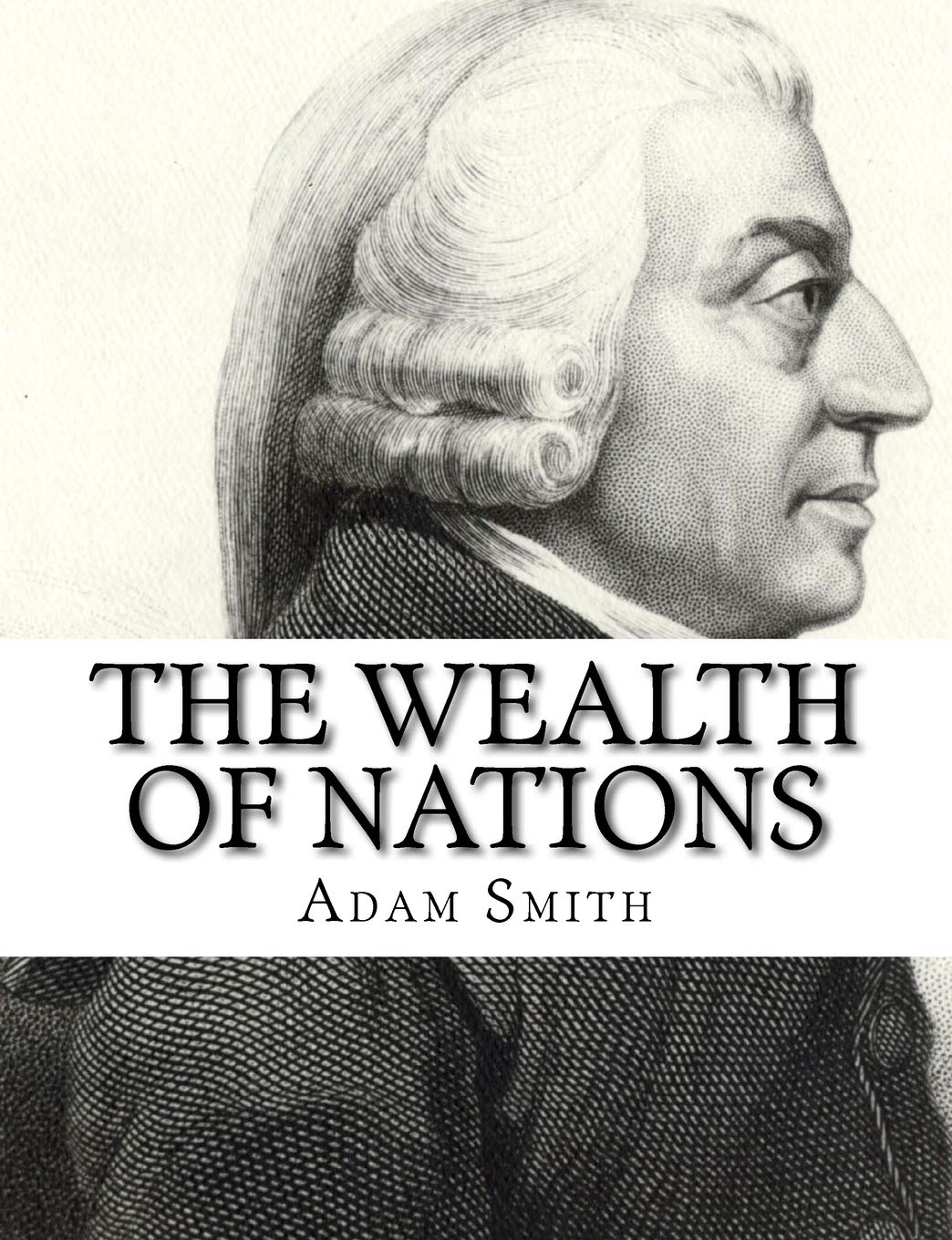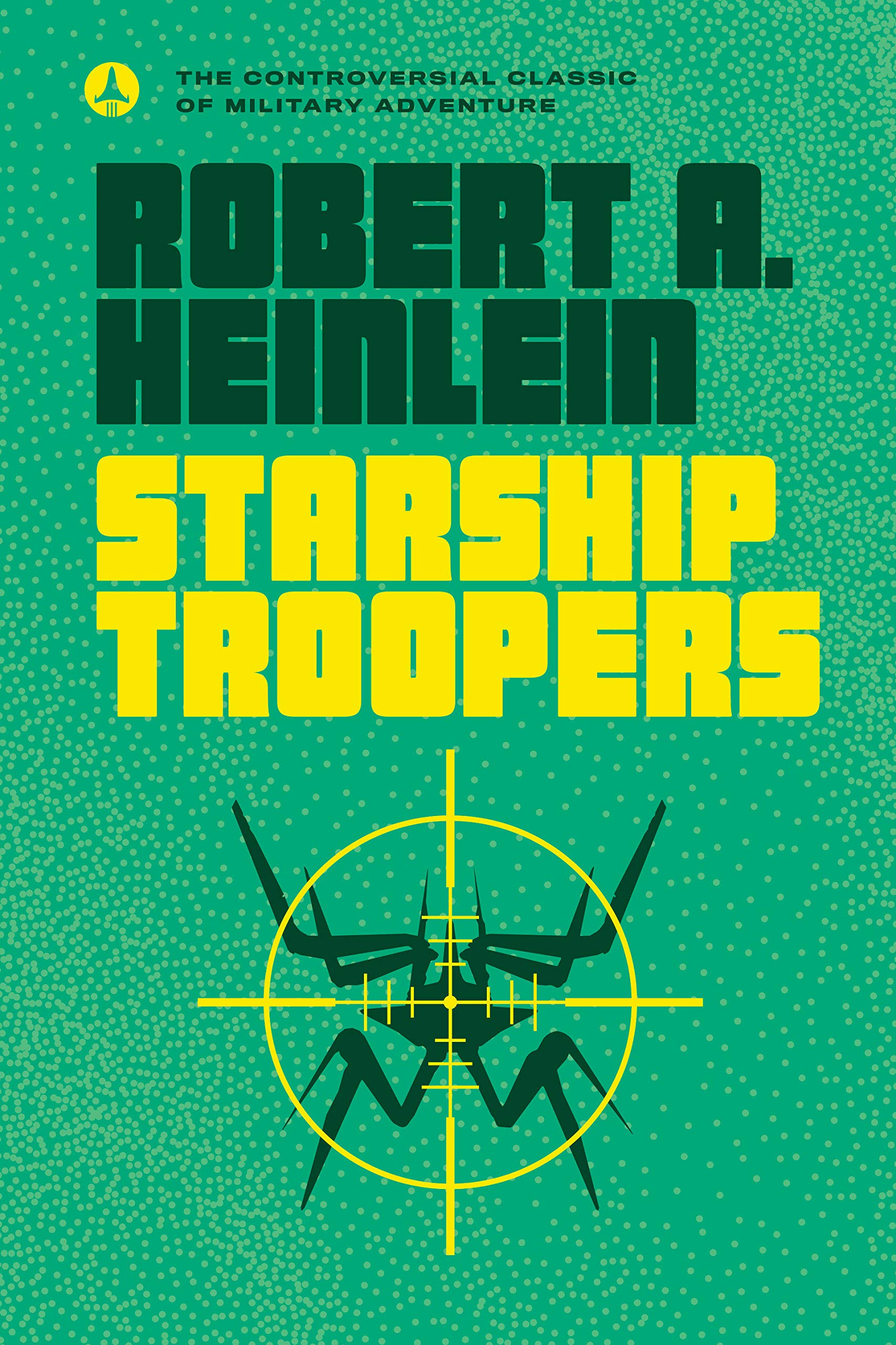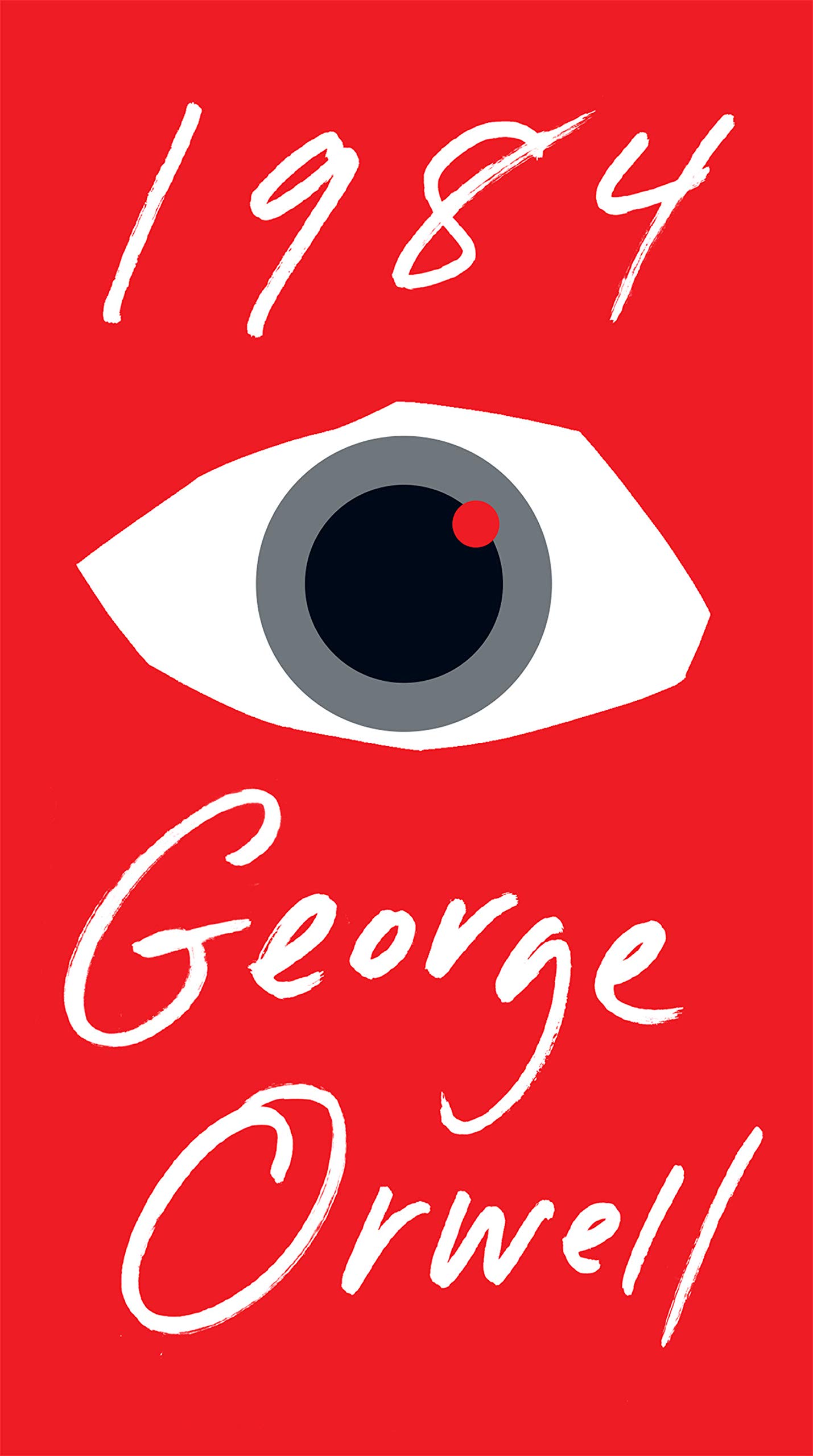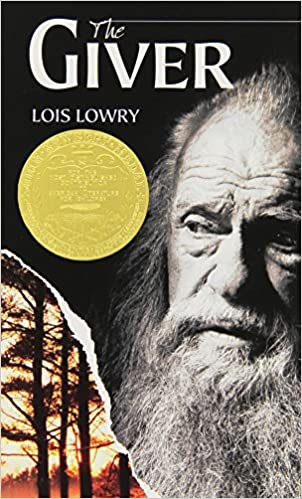Reading list
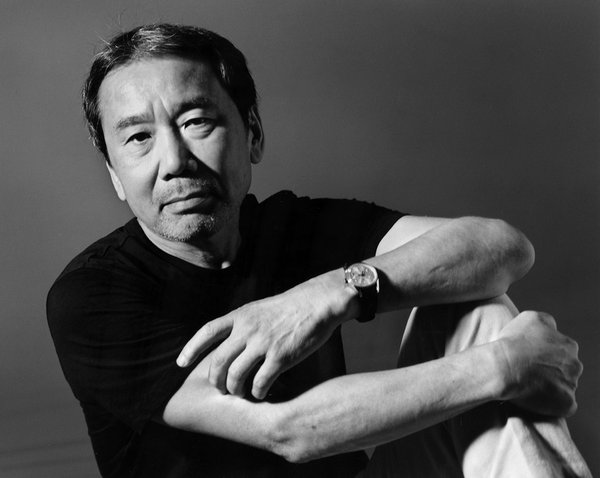
If you only read the books that everyone else is reading, you can only think what everyone else is thinking.
- Haruki Murakami
understanding liberty
With a Good Book
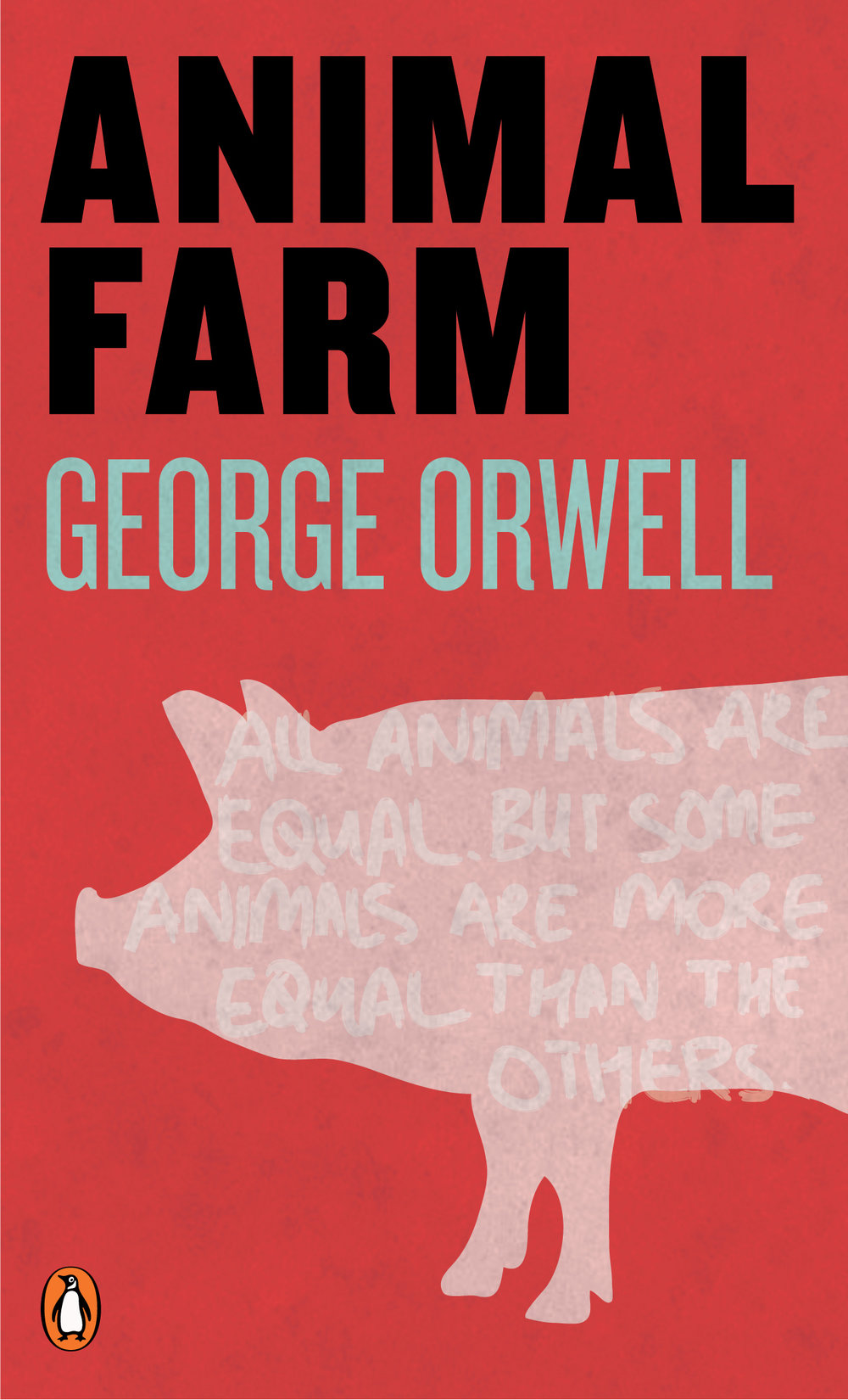
George Orwell
A classic satire of the Russian Revolution It is an account of the bold struggle that transforms Mr. Jones' Manor Farm into Animal Farm, a wholly democratic society built on the credo that All Animals Are Created Equal. Out of their cleverness, the pigs Napoleon, Squealer, and Snowball emerge as leaders of the new community in a subtle evolution that bears an insidious familiarity. When totalitarian rule is re-established with the bloodstained postscript to the founding slogan: But Some Animals Are More Equal Than Others.
Thomas Sowell
Bringing the world into clearer focus through a basic understanding of the fundamental economic principles and how they explain our lives. Drawing on lively examples from around the world and from centuries of history, Sowell explains basic economic principles for the general public in plain English.
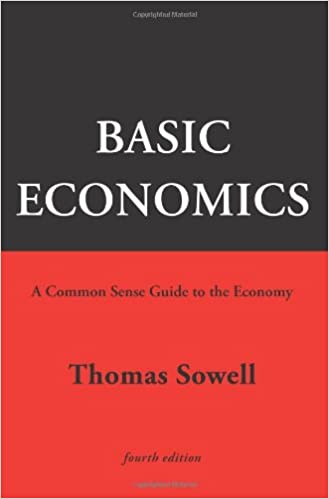
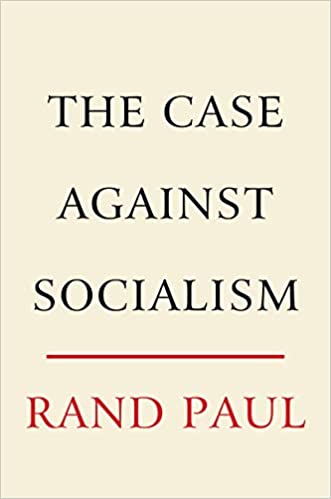
Rand Paul
Outlines the history of socialism, from Stalin’s gulags to the current famine in Venezuela. He tackles common misconceptions about the “utopia” of socialist Europe. As it turns out, Scandinavian countries love capitalism as much as Americans, and have, for decades, been cutting back on the things Bernie loves the most.
Murray N. Rothbard
A once-and-for-all escape from the two major political parties, the ideologies they embrace, and their central plans for using state power against people. Libertarianism is Rothbard's radical alternative that says state power is unworkable and immoral, and ought to be curbed and finally overthrown.
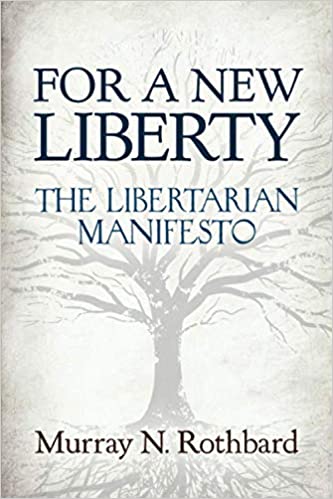
John Fay, James Madison, Alexander Hamilton
A series of letters to New York newspapers exhorting voters to ratify the proposed Constitution of the United States. Still hotly debated and open to often controversial interpretations, the arguments first presented here by three of America's greatest patriots and political theorists were created during a critical moment in our nation's history
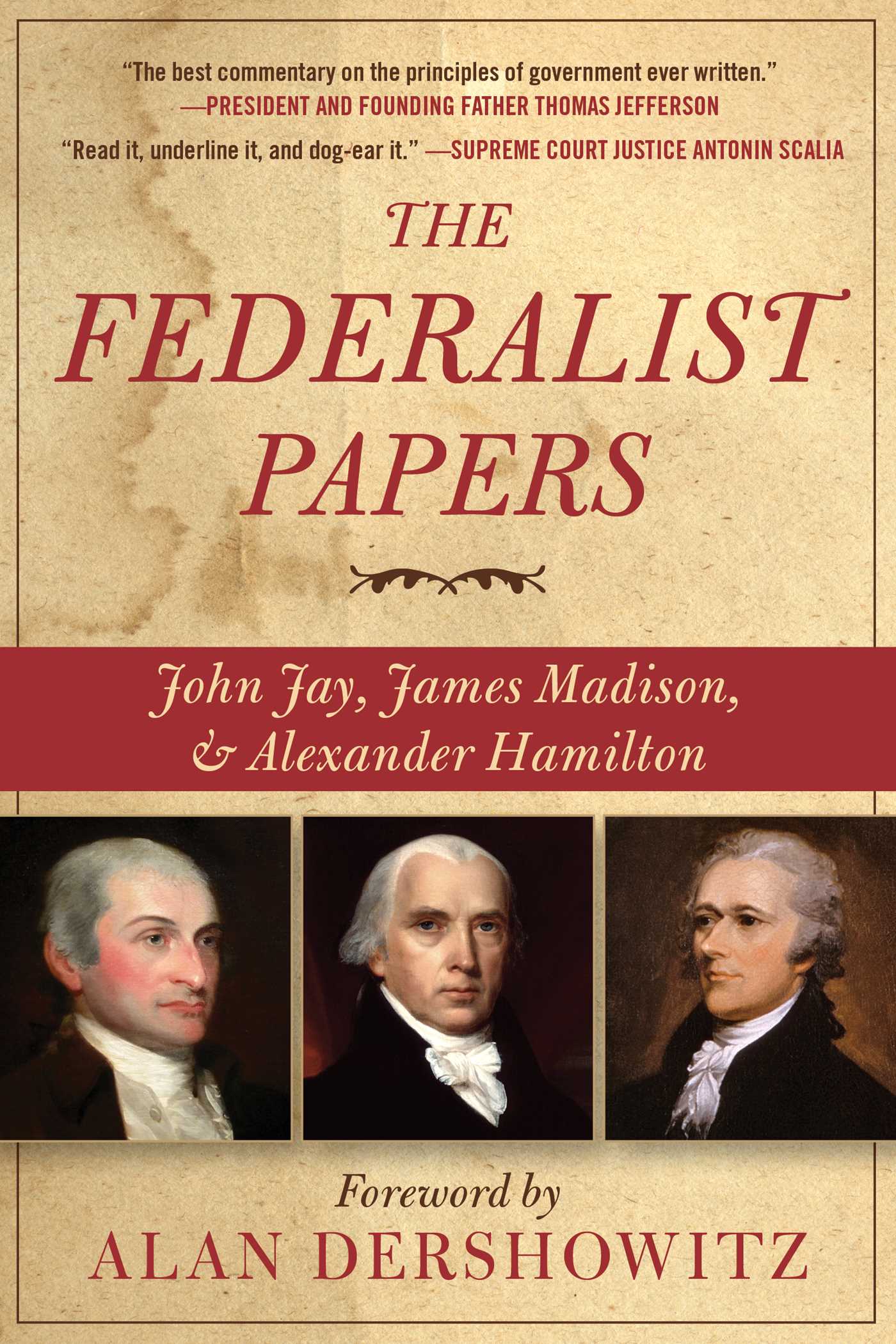
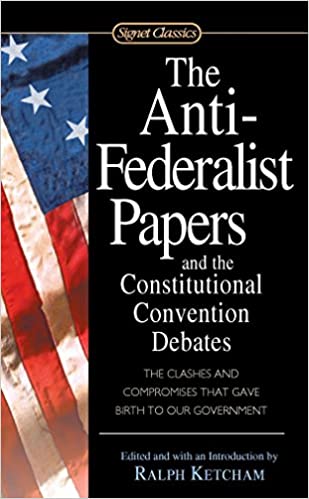
Edited By Ralph Ketchham
In order to understand why are governments was set up the way it is and the compromises that were made we must look at the ideology of both original factions. The anti federalists may not get as much attention today but they were without question as or more pivotal in the creation of our nation.
Nicolo Machiavelli
Based his insights on the way people really are rather than an ideal of how they should be. Astonishing in its candor The Prince even today remains a disturbingly realistic and prophetic work on what it takes to be a prince, a king, or a president. When Machiavelli was removed from his post in his beloved Florence, he resolved to set down a treatise on leadership that was practical, not idealistic. The Prince he envisioned would be unencumbered by ordinary ethical and moral values.
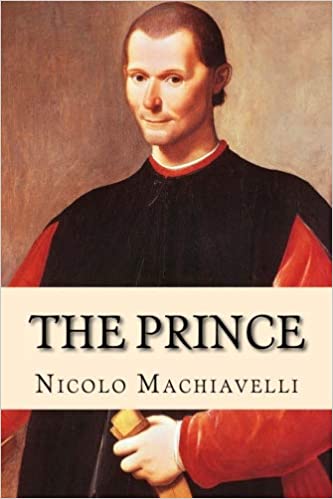
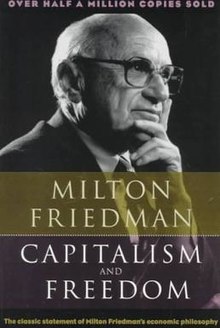
Milton Friedman
How can we benefit from the promise of government while avoiding the threat it poses to individual freedom? Nobel prize winning economist, Milton Friedman provides the definitive statement of his immensely influential economic philosophy - one in which competitive capitalism serves as both a device for achieving economic freedom and a necessary condition for political freedom.
Lierre Keith
The truth is that agriculture is a relentless assault against the planet, and more of the same won’t save us. In service to annual grains, humans have devastated prairies and forests, driven countless species extinct, altered the climate, and destroyed the topsoil
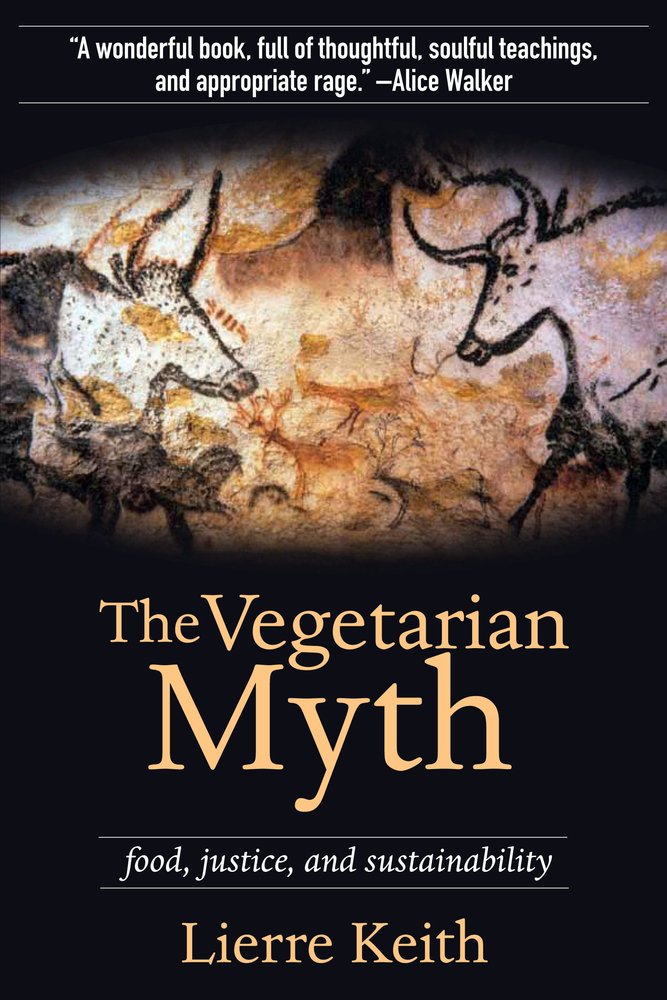
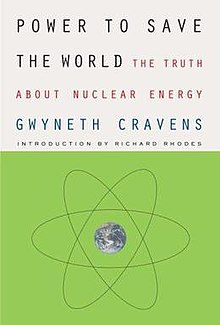
Gwyneth Cravens
With the constant threat of oil shortages facing us and wanting to educate herself about possible alternatives, Gwyneth Cravens skeptically sets out to find for herself the truth about nuclear energy. Her conclusion: It is a totally viable and practical solution to global warming.
